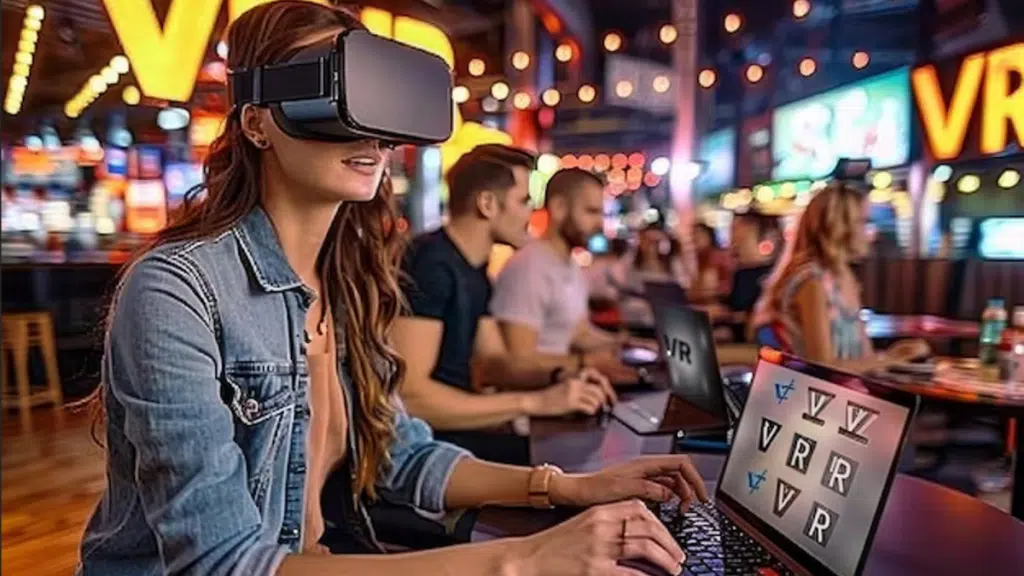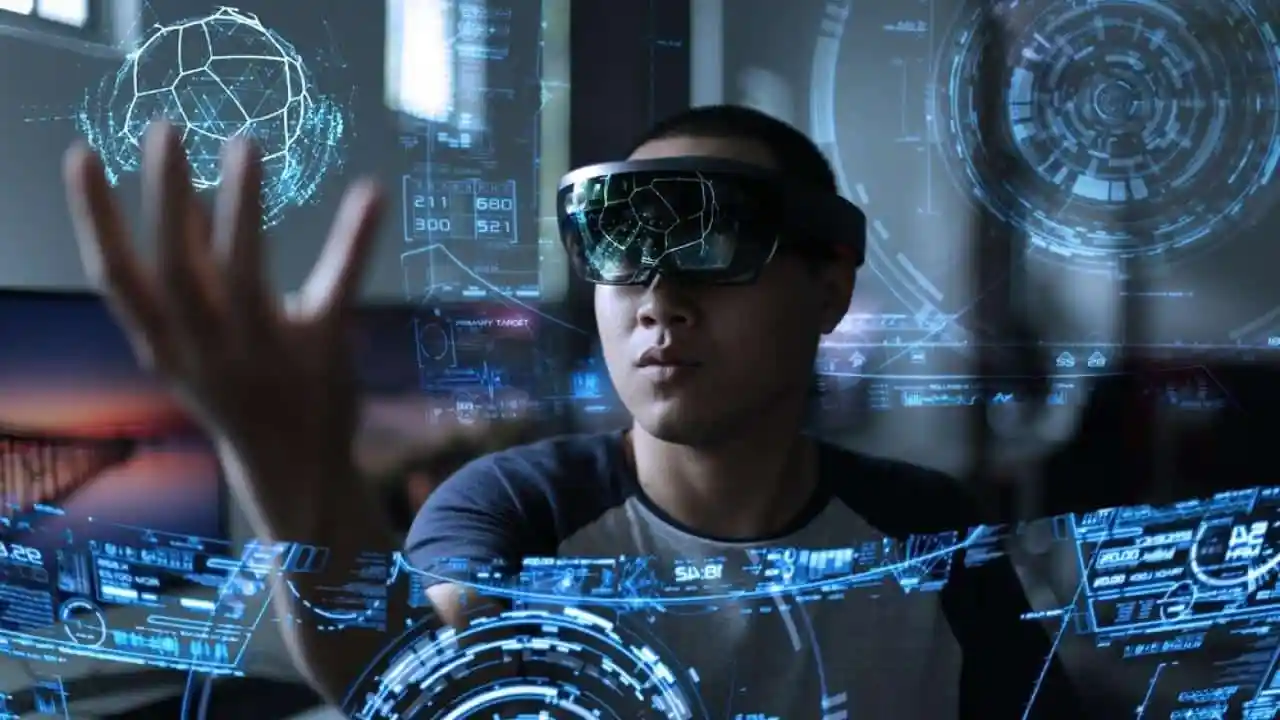The landscape of entertainment is undergoing a seismic shift, thanks to rapid advancements in technology. From how we consume media to the types of experiences available, technology is redefining our interactions with movies, music, gaming, and more. This blog post delves into the various ways technology is transforming the entertainment industry and the implications for consumers and creators alike.
1. The Rise of Streaming Services
One of the most significant changes in recent years has been the rise of streaming services. Platforms like Netflix, Hulu, and Disney+ have revolutionized how we watch movies and TV shows. Instead of traditional cable packages, consumers now have the freedom to choose what, when, and how they watch.
- On-Demand Viewing: Streaming services provide vast libraries of content available at any time, allowing users to binge-watch entire seasons or explore a wide range of genres without the constraints of scheduled programming.
- Original Content Creation: The competition among streaming platforms has led to an explosion of original content. From critically acclaimed series to blockbuster films, companies are investing heavily in unique programming to attract and retain subscribers.
2. The Impact of Virtual and Augmented Reality
Virtual reality (VR) and augmented reality (AR) technologies are making waves in the entertainment sector, creating immersive experiences that engage users in ways previously unimaginable.
- Immersive Gaming: VR gaming allows players to step into fully realized worlds, enhancing the gaming experience through physical interaction and a sense of presence. Titles like “Beat Saber” and “Half-Life: Alyx” exemplify this shift towards immersive gameplay.
- Enhanced Storytelling: Filmmakers are beginning to experiment with AR and VR to tell stories in innovative ways. Projects like “The Invisible Man” have utilized AR elements to deepen viewer engagement and interaction with the narrative.

3. Audience Engagement Through Interactivity
Technology is enabling new forms of interaction between creators and audiences, transforming passive viewers into active participants.
- Interactive Content: Shows like “Bandersnatch,” a part of the “Black Mirror” anthology, allow viewers to make choices that affect the storyline, leading to multiple endings. This interactivity creates a personalized viewing experience and encourages deeper engagement.
- Live Streaming and Fan Engagement: Platforms like Twitch have made live streaming a mainstream form of entertainment, allowing audiences to engage directly with creators in real-time. This immediacy fosters a sense of community and connection among fans.
4. Social Media and Viral Trends
Social media has changed how we discover and share entertainment. Platforms like TikTok, Instagram, and Twitter serve as powerful tools for promoting content and creating viral trends.
- Influencer Culture: Influencers and content creators play a vital role in shaping entertainment trends. Their recommendations and reviews can propel a movie or series to success, demonstrating the power of peer influence in the digital age.
- Viral Challenges and Memes: Viral challenges and memes often stem from popular entertainment, leading to widespread engagement and creating a shared cultural experience among audiences.
5. Data-Driven Recommendations
The use of algorithms and big data is changing how we discover entertainment. Streaming services and platforms utilize user data to offer personalized recommendations, making it easier for consumers to find content that aligns with their preferences.
- Personalized Experiences: By analyzing viewing habits, services can curate tailored suggestions, enhancing user satisfaction and encouraging exploration of new genres or titles.
- Audience Insights for Creators: Data analytics provide creators and producers with insights into audience preferences, helping them make informed decisions about future projects and marketing strategies.
Conclusion
Technology is at the forefront of transforming how we experience entertainment, offering unprecedented access and interactivity. From the rise of streaming services to the immersive worlds created by VR and AR, the future of entertainment is bright and filled with possibilities. As consumers, we can look forward to a continually evolving landscape that prioritizes personalization, engagement, and creativity. However, with these advancements come challenges related to privacy, content saturation, and the need for responsible consumption. Embracing technology while remaining mindful of its implications will be crucial as we navigate the entertainment of tomorrow.









